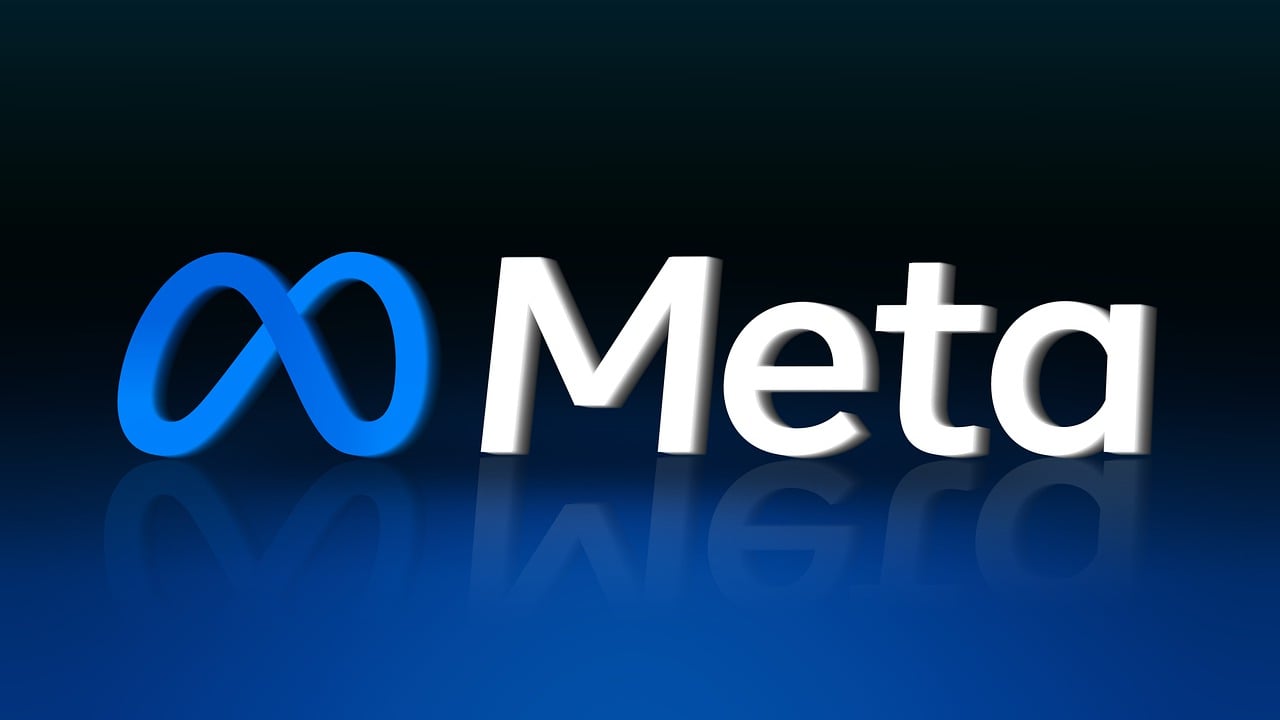The European Commission has issued preliminary findings, stating that Meta’s “pay or consent” advertising model breaches the Digital Markets Act (DMA). According to the Commission, this model forces users to either pay for an ads-free experience or consent to the combination of their personal data for personalized ads, without offering an equivalent less personalized alternative.
Preliminary Findings on Meta’s “Pay or Consent” Model
Online platforms like Meta often collect extensive personal data to provide targeted advertising services. Because of their dominant position in digital markets, these platforms can impose terms of service on users, creating significant advantages over competitors who lack access to such vast data.

Under Article 5(2) of the DMA, gatekeepers must obtain users’ consent to combine personal data from core platform services and other services. Moreover, users who refuse consent should still have access to an equivalent, less personalized version of the service. Gatekeepers cannot condition service use or certain functionalities on user consent.
In response to regulatory changes in the EU, Meta introduced a binary choice for EU users of Facebook and Instagram in November 2023. Users must now either pay a monthly fee for an ads-free version or use a free version with personalized ads. However, the Commission’s preliminary view is that this model violates the DMA because it:
- Does not provide a less personalized but equivalent service option.
- Fails to allow users to freely consent to data combination.
To comply with the DMA, Meta must ensure that users who do not consent can still access an equivalent service that uses less personal data for advertising.
Next Steps
By sending these preliminary findings, the Commission informs Meta of its view without prejudice to the investigation’s outcome. Meta now has the opportunity to review the investigation file and respond to the Commission’s findings. The Commission aims to conclude its investigation within 12 months from the opening of proceedings on March 25, 2024.
If the Commission confirms its preliminary views, it will adopt a decision that Meta’s model does not comply with Article 5(2) of the DMA. Consequently, non-compliance could result in fines up to 10% of Meta’s total worldwide turnover, increasing to 20% for repeated infringements. Furthermore, in cases of systematic non-compliance, the Commission may impose additional remedies, including the sale of parts of the business or restrictions on acquisitions.
The Commission continues to engage constructively with Meta to find a path towards effective compliance.
For more information, Commission sends preliminary findings to Meta over its “Pay or Consent” model for breach of the Digital Markets Act.
Source – European Commission


